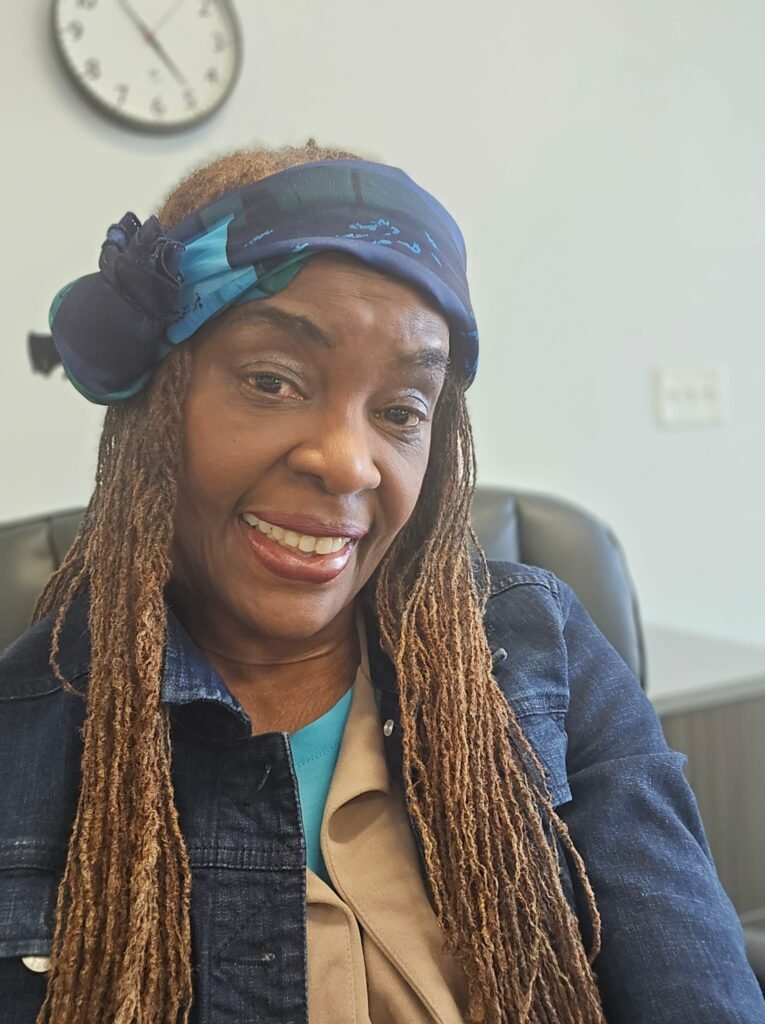The Stark Reality: Mattese Lecque’s Perspective of Governance from 1950–2025 is more than a historical review—it’s a bold, truth-driven reflection on how governance has transformed across decades. Written by Mattese Lecque, a profound thinker and trailblazing woman, the book traces how governments worldwide have evolved in values, systems, and leadership—through the lens of someone who has witnessed and researched these shifts in depth.
Mattese Lecque’s voice adds a powerful and often-overlooked perspective to political discourse. As a woman, she writes with empathy, clarity, and moral urgency—bringing balance to a conversation often dominated by male historians.
1950s–1970s: Global Conflicts and Civil Struggles
Mattese Lecque begins her work by examining the political landscape after World War II. The Cold War divided the globe, and powerful nations began asserting their dominance under the banners of democracy and communism.
- Major Events: Korean War, Vietnam War, African decolonization
- Governance Style: Authoritarian tendencies masked by nationalism
- Her Analysis: “The world feared change—but change came anyway.”
She stresses how marginalized groups—especially women and ethnic minorities—were excluded from governance decisions, creating policies that lacked inclusivity and justice.
1980s–1990s: Neoliberal Growth and Global Institutions
Lecque marks this era as the rise of free-market governance. Political leaders like Ronald Reagan and Margaret Thatcher popularized neoliberal economics—pushing deregulation, privatization, and austerity.
- Key Developments: End of Cold War, globalization, World Trade Organization
- Mattese’s Viewpoint: “Economic expansion didn’t mean social equality.”
She critiques how international financial systems exploited weaker economies, widening the gap between rich and poor. Governance, in her eyes, was now more corporate than communal.
2000s–2015: Crisis, War, and Social Media Awakening
This period saw a major shift. The 9/11 attacks reshaped global politics, and the digital revolution changed how people interacted with power. Governments grew more controlling, often under the name of national security.
- Major Events: Iraq War, surveillance expansion, Arab Spring
- Governance Traits: Aggressive, reactive, surveillance-heavy
- Mattese’s Insight: “Terrorism changed laws, but also changed minds.”
She highlights how social media gave voice to the voiceless, especially women activists. The internet, Lecque explains, became both a battleground and a lifeline for democracy.
2016–2025: Populism, Pandemic, and the People’s Voice
The final section of The Stark Reality addresses the chaos and clarity of recent years. From Brexit to COVID-19, the world faced disruption after disruption.
- Challenges: Public health crises, misinformation, polarized politics
- Victories: Youth activism, Black Lives Matter, climate movements
- Lecque’s Perspective: “Governance cracked—and through those cracks, light got in.”
She praises grassroots activism led by women, youth, and people of color. These movements, she writes, are the beginning of a more inclusive and accountable political future.
Mattese Lecque: A Bold Female Voice in Political Thought
Mattese Lecque stands apart because of her clarity, passion, and unwavering commitment to truth. She doesn’t just list historical events—she questions them. She explores the why behind political decisions and exposes the consequences of leadership driven by ego rather than ethics.
“For too long, leadership has ignored the feminine voice. But real governance listens, learns, and leads—with compassion.”
Her work urges readers, especially young women, to engage in politics and demand better from those in power.
Why The Stark Reality Mattese Lecque Matters Now
The Stark Reality: Mattese Lecque’s Perspective of Governance from 1950–2025 is more than a retrospective—it’s a roadmap. It shows how global governance has failed, succeeded, and evolved. Most importantly, it argues that change is not only possible but essential.
By putting The Stark Reality Mattese Lecque at the center of historical reflection, readers gain a deeper understanding of political accountability, justice, and the role of women in shaping the future.

